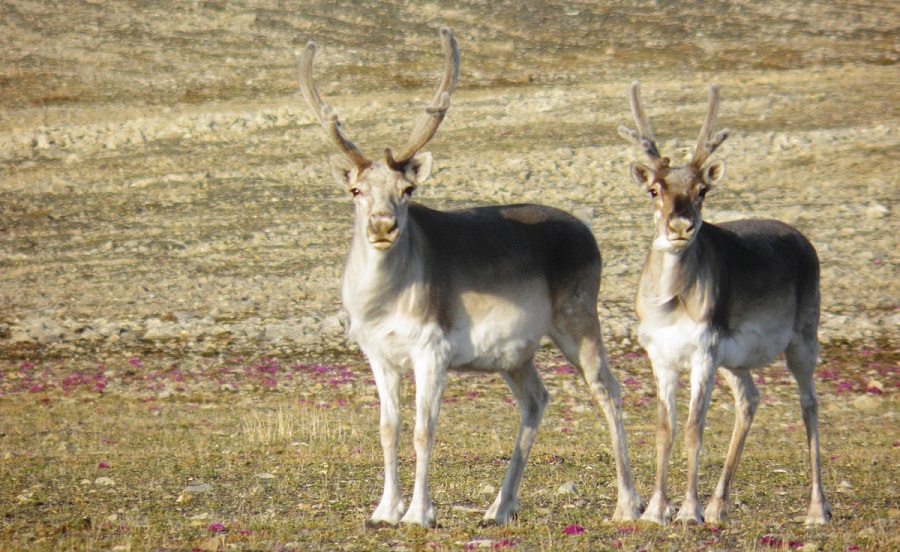Above and Beyond: Protecting traditional Inuit lands – Peary Caribou Habitat Clean Up Project

Peary caribou in Nunavut’s Qausuittuq National Park now have a healthier habitat thanks to the ongoing work of Parks Canada last summer. The Agency has now successfully completed the first phase to restore Peary caribou habitat damaged by drums and other waste left by exploration activities prior to the Park’s creation in 2015. Nearly 200 barrels were removed from the park resulting in restoration of the tundra for vital species-at-risk.
The Tidy Tundra: Healthy Herd project was part of Parks Canada’s Conservation and Restoration Program. As a recognized leader in conservation, and through its Conservation and Restoration Program, Parks Canada takes actions to preserve national parks and contribute to the recovery of species-at-risk.
Located near Resolute Bay in Nunavut, Qausuittuq National Park protects approximately 11,000 square kilometres of Arctic glaciers, lands and water, including most of the northern part of Bathurst Island and the Governor General Islands to the west. With its rolling hills, marshy wetlands, low level plateaus and rich marine areas, the Park is also bordered to the north by the Nauyavaat (Seymour Island) Migratory Bird Sanctuary and the Nanuit Itillinga (Polar Bear Pass) National Wildlife Area to the south. Nauyavaat (Seymour Island) Migratory Bird Sanctuary and Nanuit Itillinga (Polar Bear Pass) National Wildlife Area are Environment and Climate Change Canada sites.
…
The Peary caribou population is listed under Canada’s Species at Risk Act, and an Inuit Impact Benefit Agreement signed between Parks Canada and the Qikiqtani Inuit Association prioritizes protection for the herd within Qausuittuq National Park.






